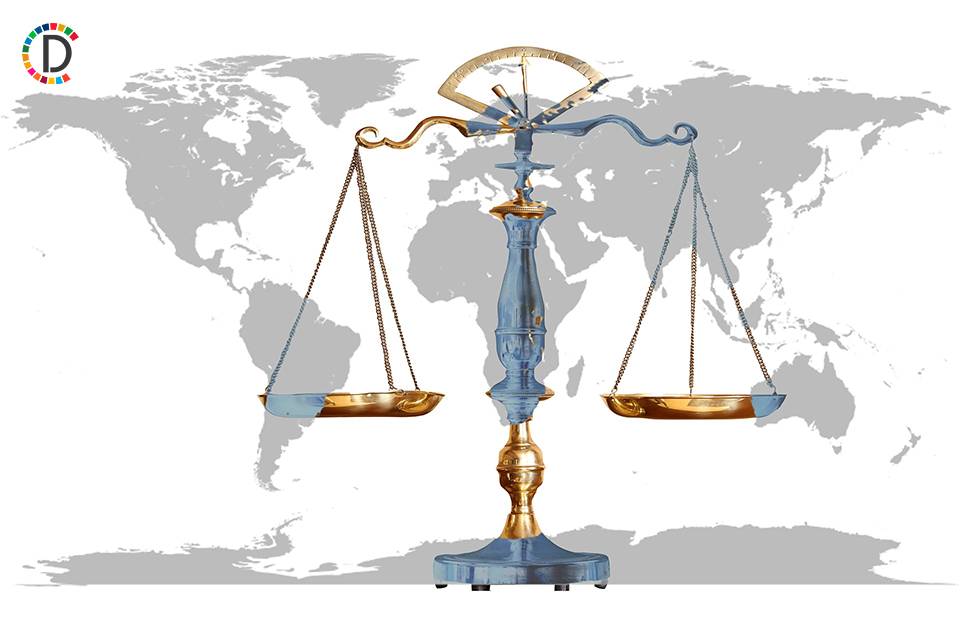Government Seeks Support for Judicial Reform Bill
A delegation of the Pakistan government met with cleric Maulana Fazlur Rehman to garner support for a controversial constitutional amendment bill related to the judiciary. The bill proposes changes like increasing judges' retirement age and tweaking the seniority principle for appointing the Chief Justice. Delays in finalizing the bill have fueled speculation.

- Country:
- Pakistan
A delegation representing the Pakistan government met with prominent cleric and right-wing politician Maulana Fazlur Rehman on Sunday, seeking his crucial support for a controversial constitutional amendment bill aimed at reforming judicial laws.
The specifics of the amendments remain undisclosed as the government has not officially publicized details. However, it is reported that the bill proposes to increase the retirement age for judges and modify the tenure of the Chief Justice of the Supreme Court.
The current Article 179 of the Constitution states a Supreme Court judge shall retire at 65, while Article 195 mandates high court judges retire at 62. One proposed amendment seeks to extend these retirement ages by three years. Another potential change involves revising the seniority principle for appointing the top judge, currently based on Article 175A which selects the senior-most Supreme Court judge as Chief Justice.
The bill also introduces the idea of forming a constitutional court and amending Article 63-A, which deals with lawmakers' defection.
Lacking a two-thirds majority, the government considers Maulana Rehman's JUI-F party, with its eight National Assembly members and five Senators, vital for securing the necessary parliamentary votes.
The National Assembly and Senate sessions were unusually convened on Sunday to discuss the bill, but both sessions faced multiple delays. Information Minister Atta Tarar stated that ongoing consultations to reach a consensus caused the delays, emphasizing that the amendments aim to benefit the populace broadly and are not person-specific.
The ruling coalition initially expected to table the bill on Saturday but postponed it due to insufficient numbers. No formal explanation for the delay has been provided.
(With inputs from agencies.)
ALSO READ
HC chief justice cannot individually reconsider recommendation, it can only be done by HC collegium acting collectively: SC.
Man in West Bengal Booked for Spreading Fake News Against Chief Justice
Randeep Hooda Praises Supreme Court's Tech Advancements and Chief Justice DY Chandrachud
India Poised to Lead Global Arbitration: Chief Justice D Y Chandrachud
Controversy Erupts Over PM Modi's Visit to Chief Justice's Residence










